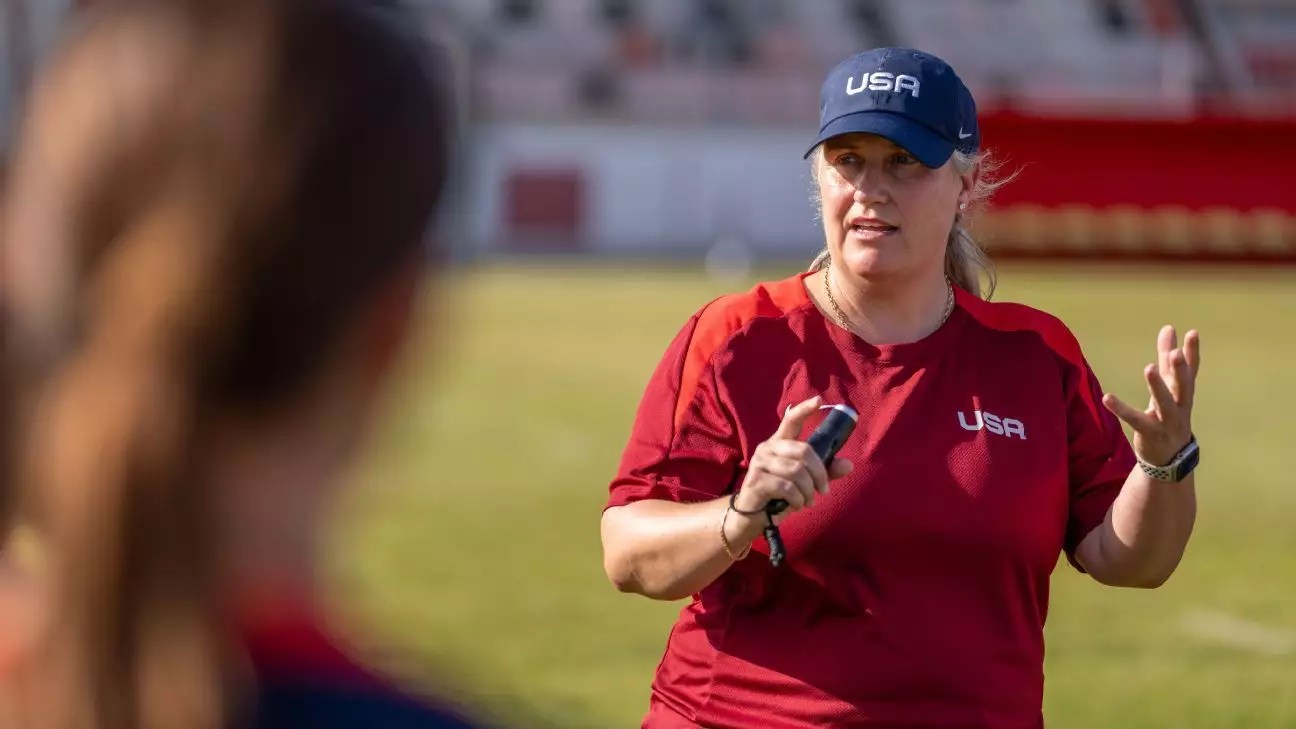Emma Hayes, the head coach of the United States women’s national team, recently spoke out about the challenges women face in breaking into the world of men’s football. Despite her impressive track record in the women’s game, Hayes believes that there is still a long way to go before women are given the opportunity to lead men’s teams.
Hayes pointed out that while women can be found in leadership roles in various professions, the world of men’s football seems to be lagging behind. She highlighted the case of Forest Green Rovers, the first professional football team in England to appoint a woman head coach on a temporary basis. This, however, is still an exception rather than the norm.
One of the main challenges women managers face is the stereotype that they may struggle to manage male players in a dressing room setting. Hayes, drawing from her own experience managing a successful team at Chelsea, has debunked this myth. She emphasized that players are willing to be coached and that gender should not be a deterrent to effective management.
Despite the progress made in terms of visibility and representation, there is still a long road ahead for women looking to make their mark in men’s football. Emma Hayes’s own potential appointment to a third-division men’s team shows that there is definite interest and talent in the women’s game that can translate to success in the men’s game as well.
Hayes’s refusal to see women’s football as a mere stepping stone to the men’s game is a powerful statement about the value and potential of the women’s game on its own. By challenging the notion that women need to prove themselves in men’s football to be considered successful, Hayes is paving the way for a more inclusive and equal future in the world of sports management.
Emma Hayes’s insights shed light on the challenges and opportunities that women face in the world of men’s football. By highlighting the need for greater representation and breaking down stereotypes, she is advocating for a more inclusive and diverse future for the sport. Only time will tell if her vision comes to fruition, but one thing is clear: the conversation around gender and leadership in football is far from over.


Leave a Reply